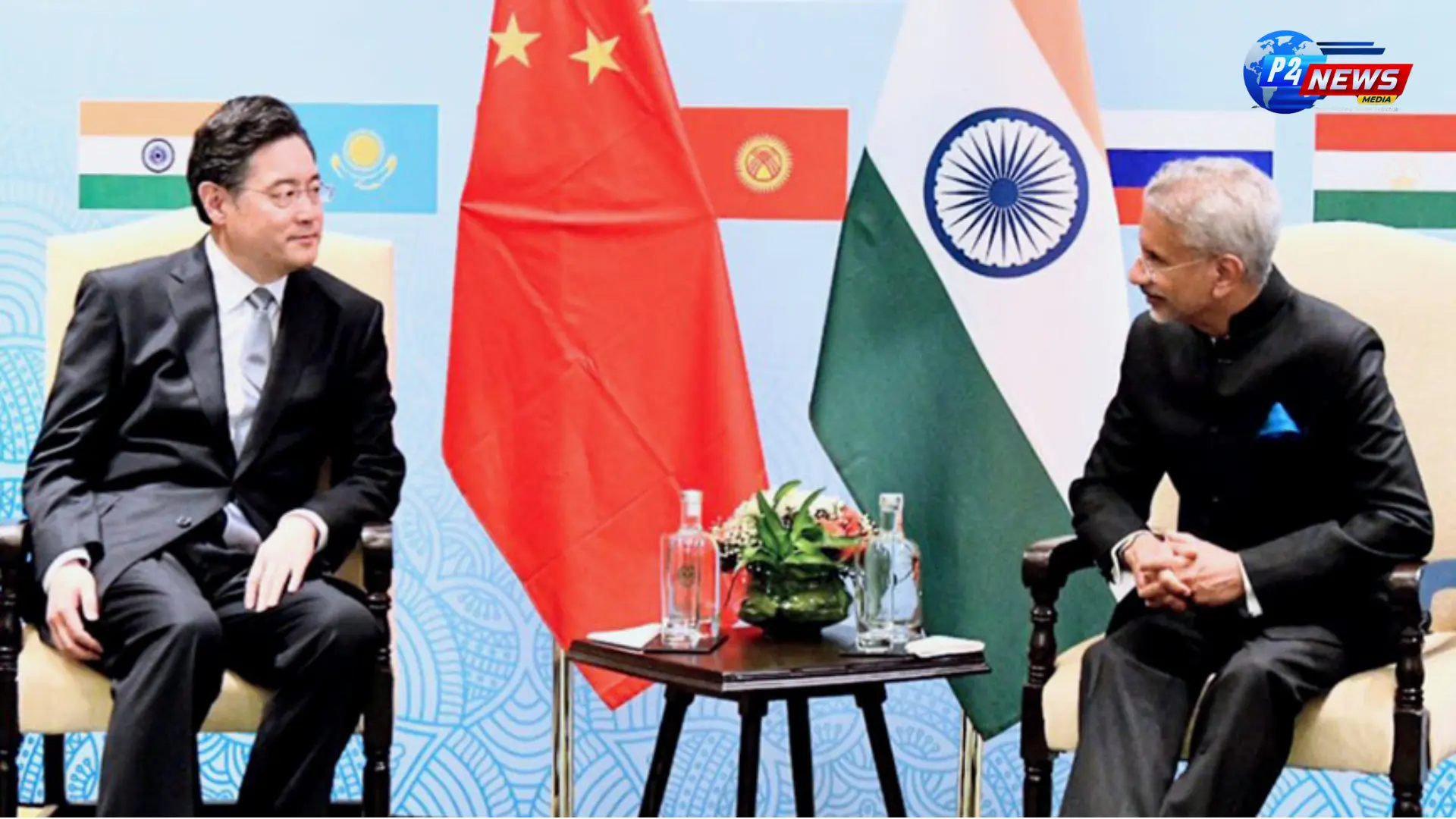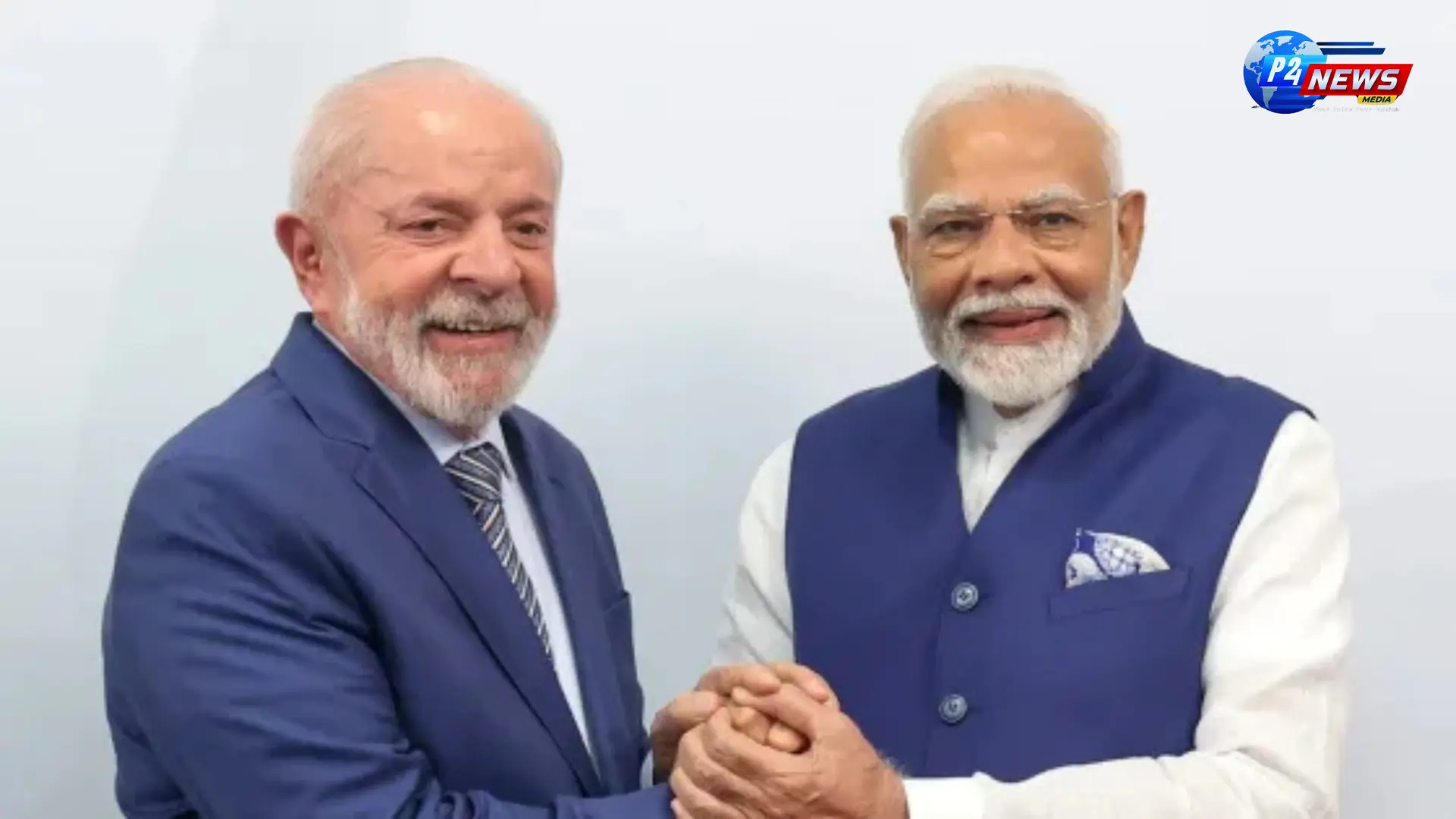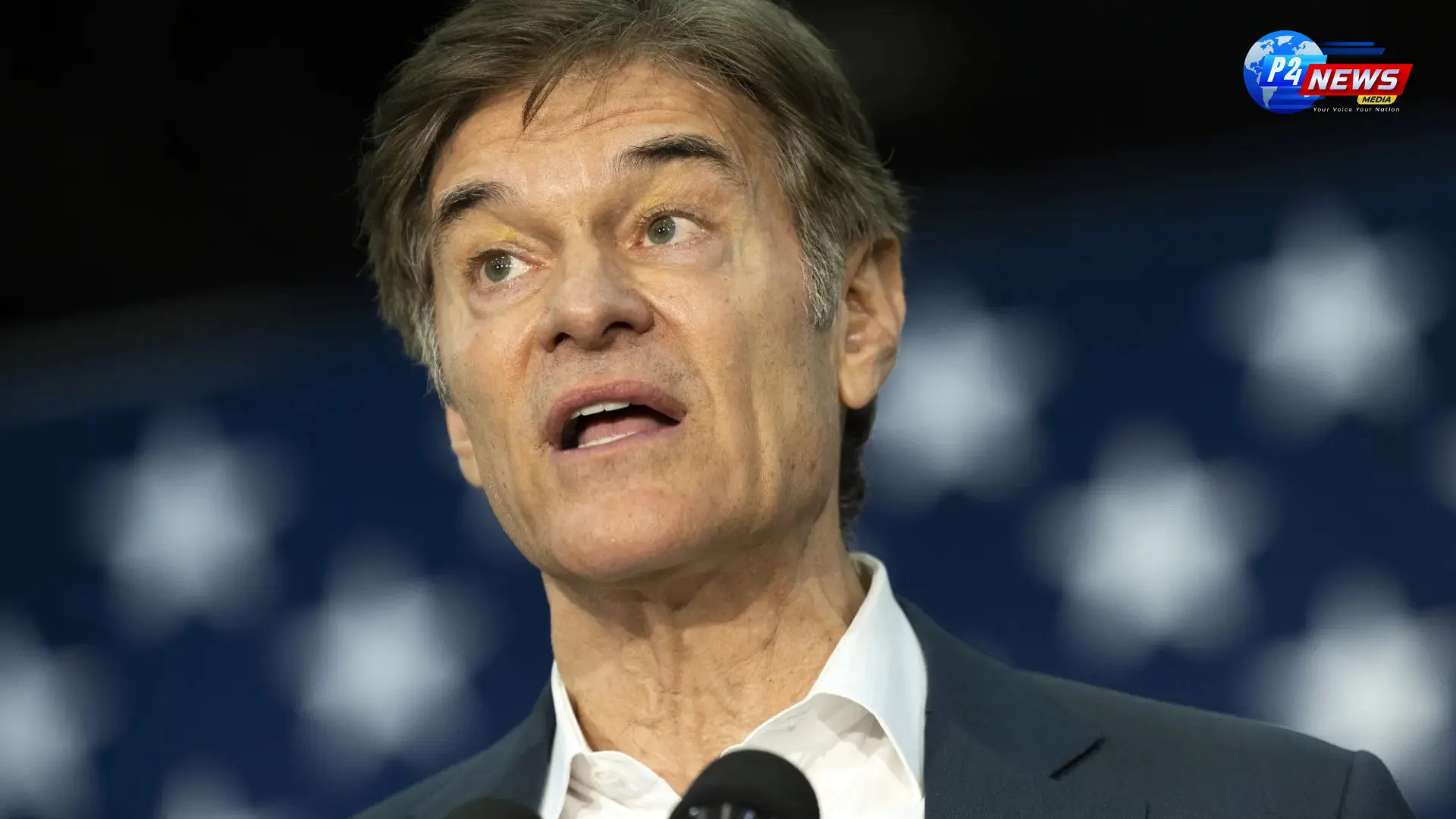In a significant development for India-China relations, External Affairs Minister S Jaishankar and Chinese Foreign Minister Wang Yi met on the sidelines of the G20 Summit in Brazil, discussing crucial topics such as the resumption of direct flights and the Kailash Mansarovar pilgrimage. The Chinese foreign ministry announced that the relationship is at a "new starting point," highlighting the importance of dialogue and mutual understanding in stabilizing ties between the two nations.
The diplomatic landscape between India and China witnessed a pivotal shift as External Affairs Minister S. Jaishankar engaged in discussions with his Chinese counterpart, Wang Yi, during the recent G20 Summit held in Brazil. This encounter marks a significant milestone in the relationship between the two nations, especially in light of the recent disengagement from contentious regions in eastern Ladakh. The discussions centered around key issues, including the reinstatement of direct flight services and the long-awaited resumption of the Kailash Mansarovar pilgrimage, which had been halted due to the COVID-19 pandemic.
The backdrop of this meeting is essential to understand the broader implications of India-China relations. Following the disengagement process in the Depsang and Demchok areas, both ministers acknowledged the restored peace and tranquility along the border. The suspension of travel between these two populous nations originated from the onset of the pandemic in 2020, during which direct flights were halted. Although restrictions have since been lifted, air travel has yet to be reinstated.
The diplomatic attempt to revive this service underscores an interest in fostering closer ties and facilitating people-to-people connections. Additionally, the Kailash Mansarovar pilgrimage to the revered Hindu site in Tibet, believed to be the abode of Lord Shiva, was also suspended during the pandemic and is still pending resumption. Both ministers deliberated on the re-establishment of the pilgrimage, acknowledging its significance to many Indians who consider it a sacred journey.
Furthermore, Jaishankar and Yi touched upon the importance of data-sharing on trans-border rivers and media collaboration, indicating a willingness to enhance bilateral cooperation across various sectors. The discussions were all the more significant, as they followed a recent interaction between Indian Prime Minister Narendra Modi and Chinese President Xi Jinping at the BRICS summit in Russia, wherein they affirmed the need for constructive engagement and dialogue. The Ministry of External Affairs highlighted that while both nations acknowledge existing differences, they also recognize the potential for convergences that can be cultivated through cooperation in international platforms like the BRICS, SCO, and G20.
Jaishankar emphasized that India’s foreign policy remains committed to fostering a multipolar world, free from unilateral dominance and aligned with the aspirations of the Global South. Chinese Foreign Ministry spokesperson Lin Jian remarked that India-China relations have reached a "new starting point," suggesting a mutual understanding of the imperative to stabilize ties and address differences with sincerity. The path forward hinges on maintaining dialogue to build trust, highlighting the importance of addressing core concerns of both nations while striving for a stable and healthy bilateral relationship.
In conclusion, the recent meeting between Jaishankar and Yi signifies a hopeful chapter in India-China relations. By prioritizing mutual respect and common interests, both countries aim to navigate the complexities of their partnership and contribute to a more collaborative regional and global framework.
















Comments 0